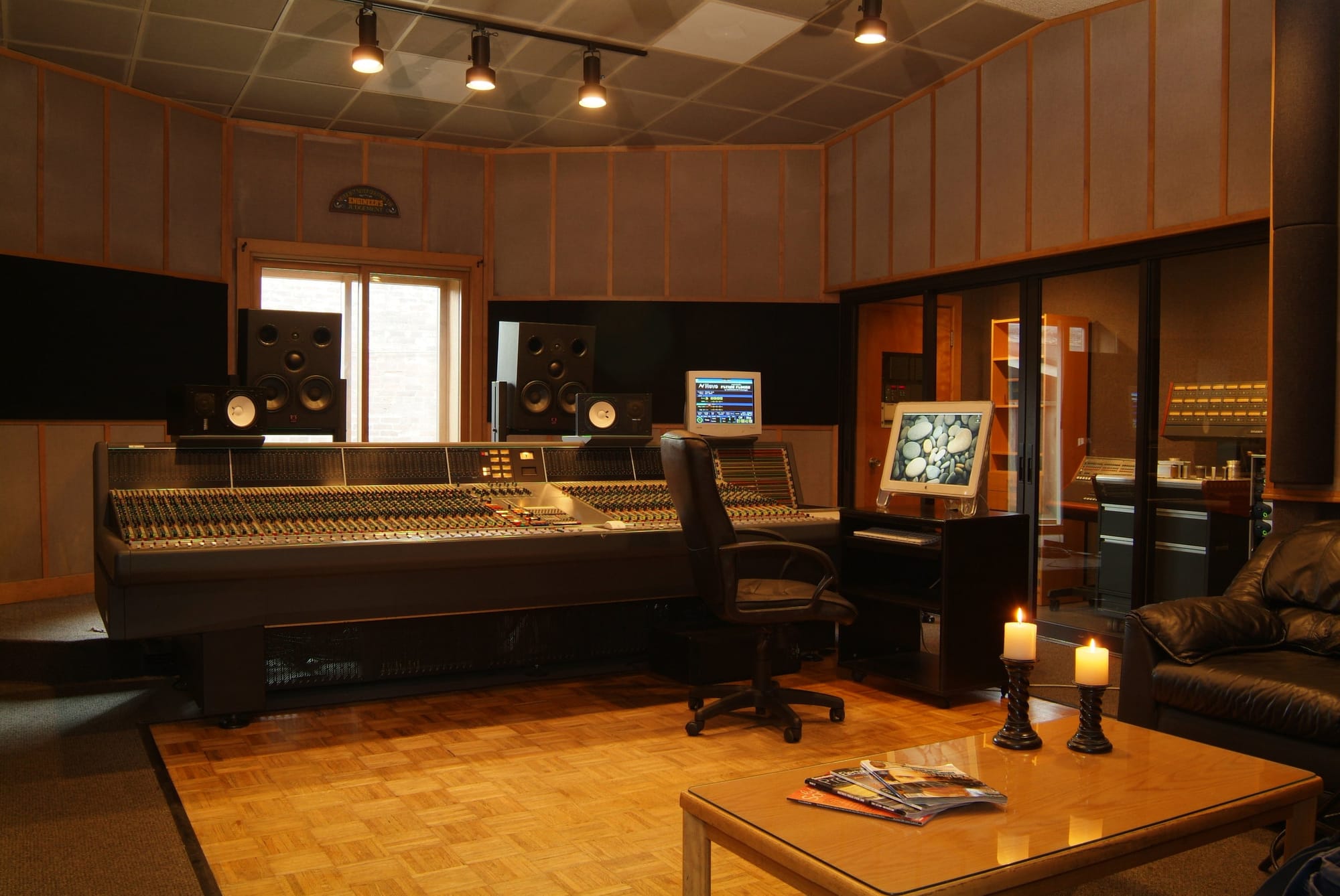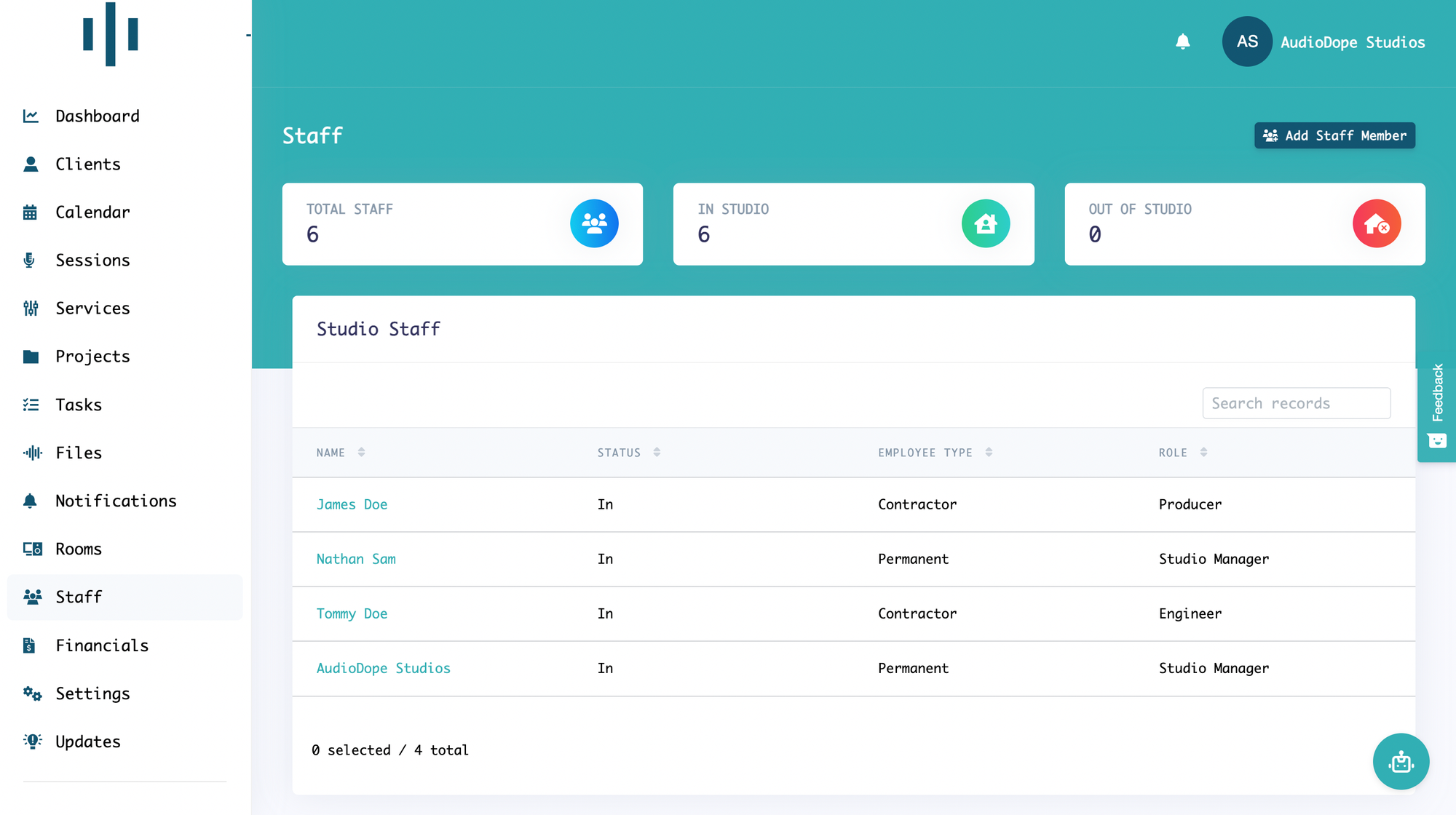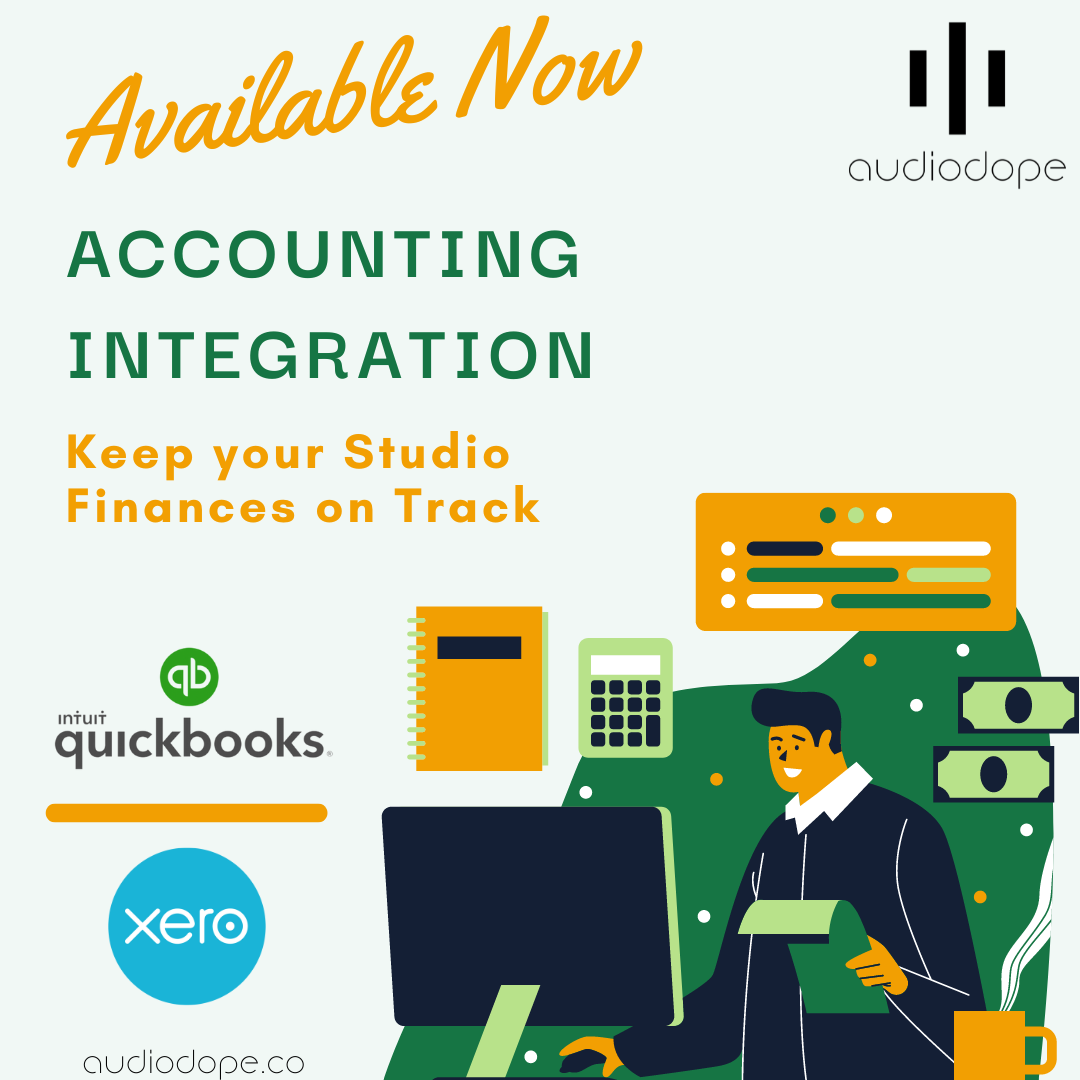The Expenses of Running a Recording Studio

Becoming a successful recording studio operator is not an easy task. It takes a lot of time and money to get your business off the ground, but once you do, there’s plenty of profit to be made. However, the cost of operating a recording studio can be prohibitive for many people.
Thankfully, there are ways to cut down on some of the expenses without compromising on quality or safety. Below we have outlined several potential costs when running a recording studio so that you can plan ahead and set up a budget from day one.
Equipment
The recording equipment is, of course, the most significant cost of running a recording studio. You’ll need good quality microphones and preamps, especially if you want to record vocals and acoustic instruments. You’ll also need quality audio interfaces, signal processors, and mixers. It’s worth investing in a high-quality studio console, too, as this will be in use for hours every day.
If you run a pop or R&B studio, you’ll also need to invest in some synth equipment. These costs can vary significantly, but you can expect to spend at least $20,000 on equipment alone. If you want to give yourself some extra wiggle room, it’s recommended that you budget around $30,000 for your equipment.

Staffing Costs
One of the biggest expenses for any business is staffing costs. Luckily, the staffing costs of a recording studio can be kept to a minimum. For example, you don’t necessarily need to hire a sound engineer and operator if you want to run a pop or R&B studio.
An engineer will usually be required if you want to record live bands or acoustic instruments, though. If you want to record acoustic music, you can hire a vocal producer instead. Vocal producers will usually record the vocals and then send them over to the mix engineer. They can edit and mix the vocals too, so they’re a very useful addition to a recording studio.
You’ll also want to hire a studio manager to handle scheduling, billing, and general admin tasks. You’ll need to hire an office manager, too, if you want to maximize your profits. The more employees you have, the more profit you’ll make, but you’ll also incur additional staffing expenses.

Repairs and Maintenance
Any business is going to incur repair and maintenance costs, and running a recording studio is no different. However, you can reduce these costs by hiring an engineer who is skilled at maintenance and repair. They’ll be able to keep your equipment in good condition and reduce the frequency of repairs.
You’ll also need to budget for any emergency repairs that might crop up from time to time. For example, if a pop filter malfunctions, you’ll want to hire a repairman to fix it as soon as possible. The last thing you want is to have to reschedule your clients because of a broken pop filter.
Licensing Fees
If you plan on playing music in your recording studio, you’ll need to pay licensing fees. You’ll need a public performance license if you want to play recorded music or broadcast music over the radio. You’ll also need a mechanical license if you want to record cover songs and sell them online.
You can find out how to apply for these licenses by contacting your music copyright agency. You should also partner with an established digital music distribution company if you want to sell your recordings online.
These licensing fees can be expensive, but you don’t have to pay them all upfront. You can apply for a payment plan and spread the cost over several months. Alternatively, you could partner with music distribution companies who offer recording studio sponsorship deals.
Marketing and Advertising Costs
The costs of marketing and advertising your recording studio depend on the specific strategies that you use. You should start by creating a strong social media presence on Facebook, Instagram, and LinkedIn. You should also create website and blog content to increase your online visibility.
You’ll also want to consider partnering with local businesses to promote your recording studio. For example, you could partner with an ice cream shop and offer to record the sound bites that play when they put the ice cream truck sound on loop.
You could also partner with a school and invite their students to visit your studio and record an album together. You can also attend music conferences and trade shows to build your profile and increase your exposure.
Conclusion
These are just a few of the potential costs that you may incur when running a recording studio. As you can see, it’s not an inexpensive endeavor, but it can definitely be worth it in the end.
If you are serious about running a recording studio, you need to factor these expenses into your budget and have a plan to earn enough money to cover them. Remember, running a recording studio is not easy, but it can be very rewarding if you are willing to put in the time and effort to succeed.


